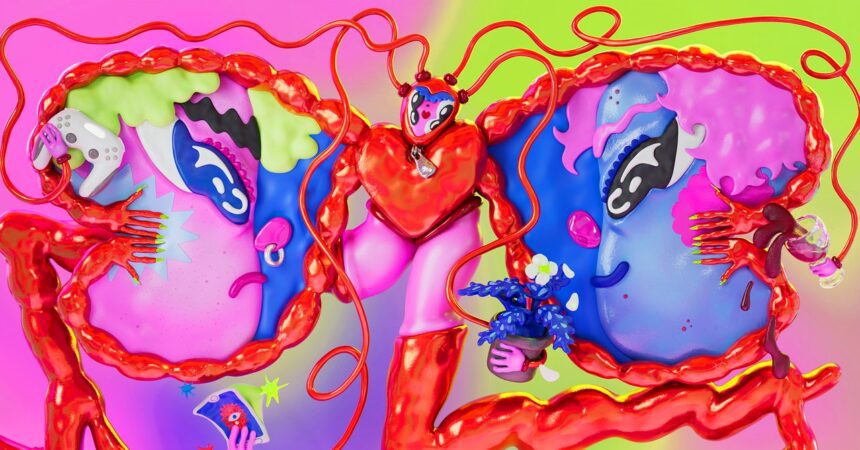The final stage of the setup involved swiping left and right on stock photos of various faces until the app allegedly determined the profiles that aligned with my true “#AttractionDNA.” Despite selecting individuals of diverse racial backgrounds during this process, most of the matches Iris provided were women based in the Philippines. Igor Khalatian, the CEO and founder of Iris, explained via email that this was likely a result of the app recently gaining popularity among Filipino users. He noted that the company is striving to achieve a more balanced distribution in these connections.
One user I matched with, Chloe, was a frequent user of the app and found the ambiguous AI element to be both fascinating and useful.
“Yeah, it’s beneficial,” she mentioned. “Because you can make some good friends here.” Although she had used the app for six months and enjoyed her conversations, Chloe had yet to meet any of her matches in person. (All names in this article have been altered to maintain anonymity.)
Another user, Althea, was new to the app and was also trying out other platforms like Bumpy and OkCupid. Althea didn’t have much interest in the AI features of Iris. “I don’t know,” she said. “I suppose I’m just hoping to find a serious relationship here maybe.”
Given the prevalence of women on the app, it was evident that many users aligned more with Althea’s viewpoint than Chloe’s. For a lot of people, finding the right person through a dating or hookup app resembles a numbers game, as they manage multiple accounts. Ultimately, many feel like they’re simply pawns in an algorithm before they even begin to engage with AI tools. These users appear willing to participate wherever they perceive potential connections might be found.
Some Grindr users I approached in San Francisco shared a similar indifference toward the app’s anticipated AI features, and very few were aware of the wingman chatbot, despite living in a tech hub. As long as these innovations don’t disrupt their primary objectives on Grindr, this segment of users seemed uninterested in the tech enhancements.
Another group expressed discomfort upon learning about the proposed AI additions. “I’m fundamentally very anti-AI,” Tomás shared. “Part of cultivating relationships—whether sexual, romantic, or platonic—includes navigating obstacles. I believe a more natural approach is to avoid AI involvement.” Although Tomás recognized that AI features might help others, he felt they contradicted his personal beliefs and the main reason he used the app: casual encounters.
I reached out to Sebastian again to delve deeper into his thoughts, eager to learn his additional opinions regarding AI tools, dating applications, and hookups. “Yes, man. Many,” he replied, before sending four extensive messages filled with blue-bubble responses. His reply contained four advantages (better matches, enhanced safety, conversation starters, profile improvement) and four drawbacks (lack of authenticity, privacy issues, algorithmic bias, overdependence on AI), organized clearly into lists complete with emojis. It was immediately apparent what Sebastian was up to, so I inquired whether that response had been generated by AI. He quickly replied, “Yes. So, you get me?”










